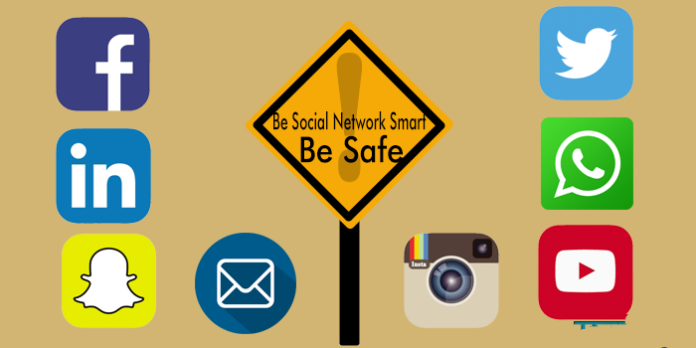Jonah Marroquin’s social media feed was a patchwork of the colors, textures, and patterns captured in some of his favorite photo subjects ― architecture and nature. The budding photographer, who enjoys experimenting with refraction shots, also posted images of inverted flowers, landscapes, and campsites taken through a glass ball on family outings and vacations.
Sharing his creativity and connecting with faraway friends are benefits of social media that the 18-year-old San Antonio teen embraced. His experience, however, was not always a positive one.
“It was taking up a lot of my time,” he said. “I just didn’t like it.” Another downside was that, at times, Jonah was left feeling disappointed and discouraged as he compared his social media engagement with that of others. “It impacted me quite a bit,” he admitted. “I began to think, ‘Why is that person getting more likes than me?’ That was becoming a real big thing in my mind.” Jonah is not alone. A 2018 Pew Research Center study found that 97% of teens use social media, with some 45% admitting to being online “almost constantly.” A number of studies have linked increased social media use with higher levels of teen anxiety and depression. When hours spent scrolling through posts began to affect his schoolwork, Baruch Murphy, 19, realized he’d become addicted. “It’s instant gratification, the same as with any other kind of drug,” said the Mountain View, California, teen.
Another online resource, though, helped both teens regain and maintain their balance: “Be Social-Network Smart,” a free educational video on jw.org, the official website of Jehovah’s Witnesses.
“Social media is a powerful tool that can accomplish good when used responsibly or cause great damage when it is misused,” said Robert Hendriks, U.S. spokesperson for the Christian organization. “Like any other powerful tool put in the hands of someone inexperienced, training is needed, not just for teens, but also for parents. We’ve made a real effort to provide resources on jw.org that will help people make smart choices when using social media.” One of the tips Baruch made his own from the video? “I have a rule: I only follow people I personally know,” he said.
He also set alerts on his phone to notify him when it’s time to close social media apps. “If you don’t set limits, there will be no limits,” he said.
Journei White, 18, of Houston, used the same method after realizing she too was having trouble putting down her phone. “As soon as I got a ‘ding,’ I had to look at it,” she said. “One post turned into another, and I found myself losing track of time. I had to take a step back and set boundaries.” When choosing what to share, Journei began to follow what “Be Social-Network Smart” terms the “front page rule.” “Certain things might be nice to share with a few people,” she said, “but I wouldn’t want them on the front page of a newspaper. I try to think about that any time I post on social media.” She took to heart the video’s safety reminders too, like waiting till she’s home from a trip to post vacation pictures and keeping personal information private. For Jonah, the video was instrumental in gaining a more balanced view of his social media activity. “The points about time management helped me to put social media in its place and to remember that it’s not a priority,” he explained. “It’s just something I do for fun.” After a period of setting daily time limits on its use, Jonah decided to steer clear of social media for a while. Instead of becoming isolated, he has been actively engaging with friends in person. “My friendships have not suffered,” he said. “I find that we communicate more, a lot more. And it’s more personal than just sharing photos.” Other free resources to help evaluate the impact of technology use on friendships, family life and more are available on jw.org, featuring content in more than 1,000 languages.
Article by: Jehovah Witnesses, USA





